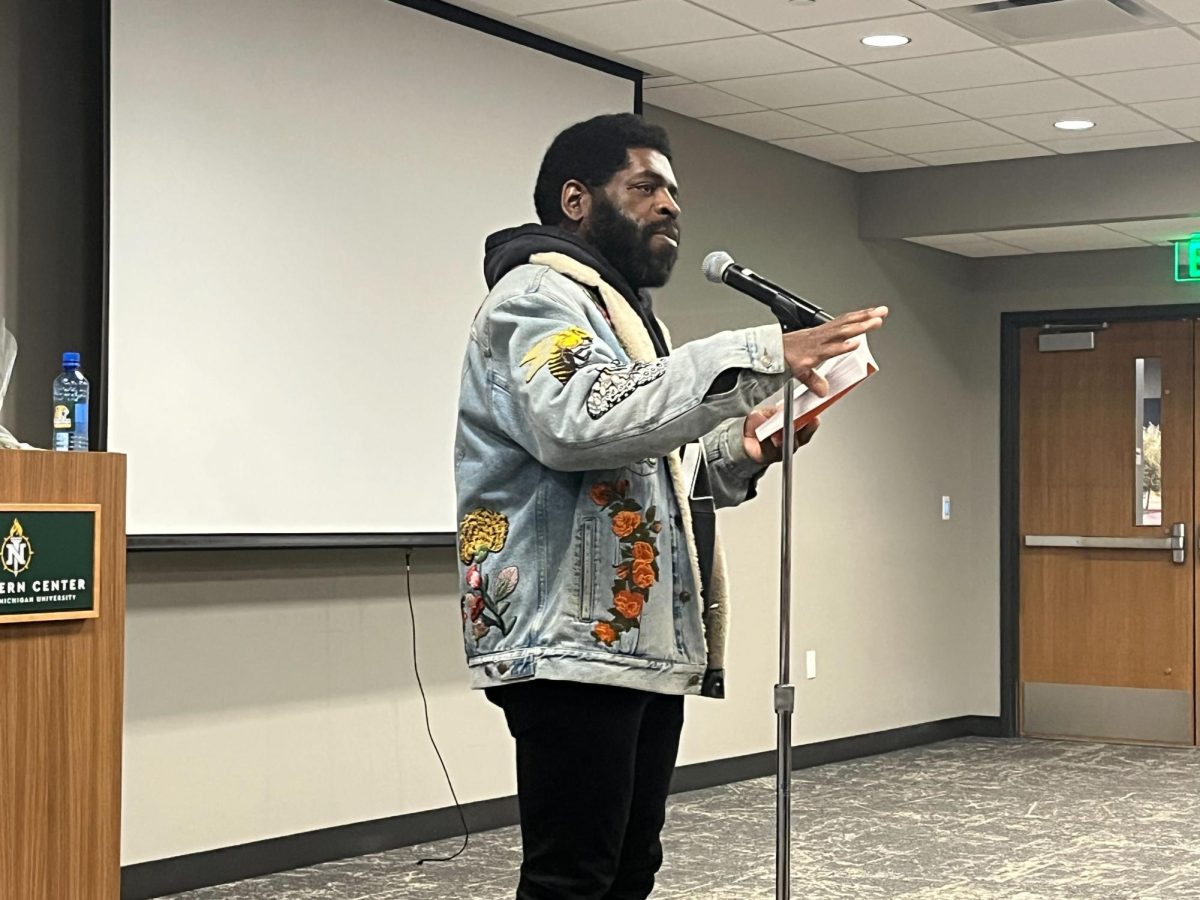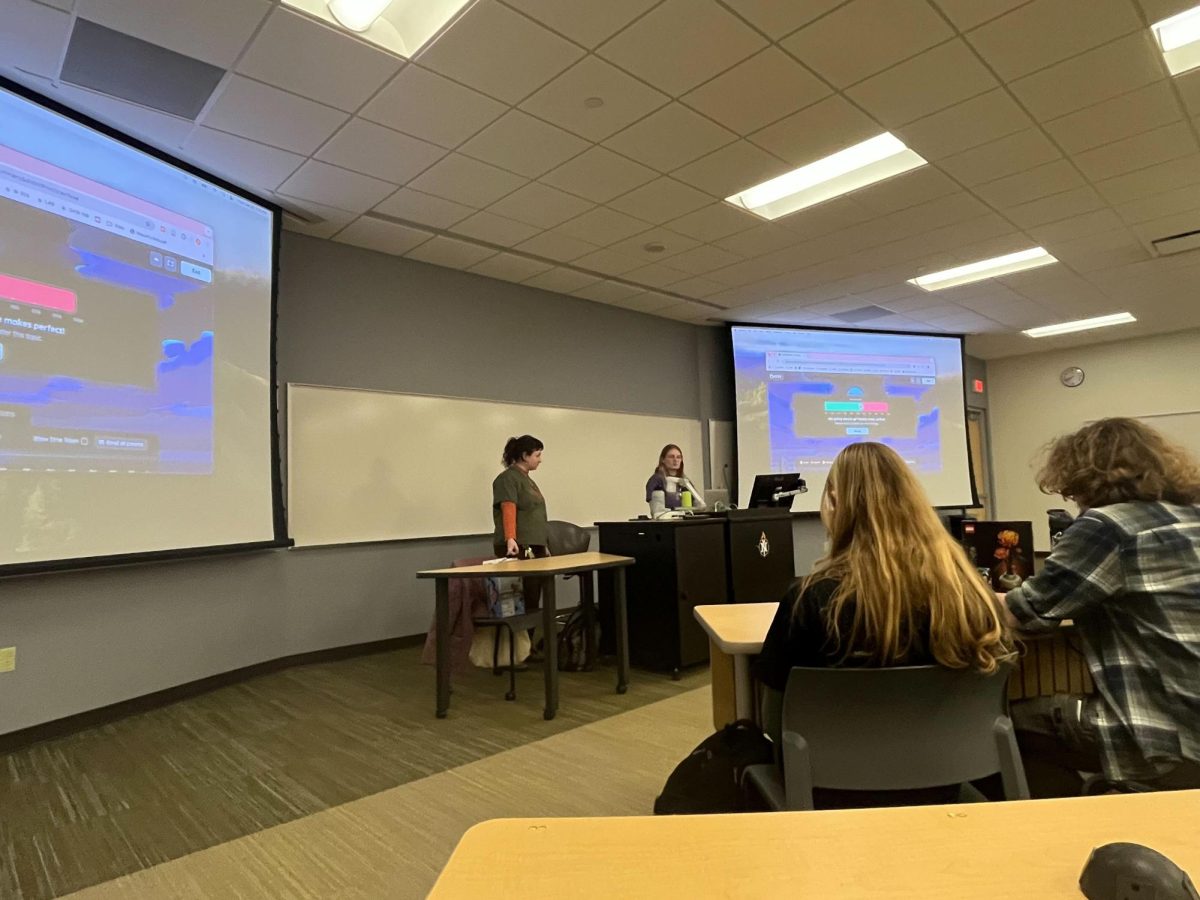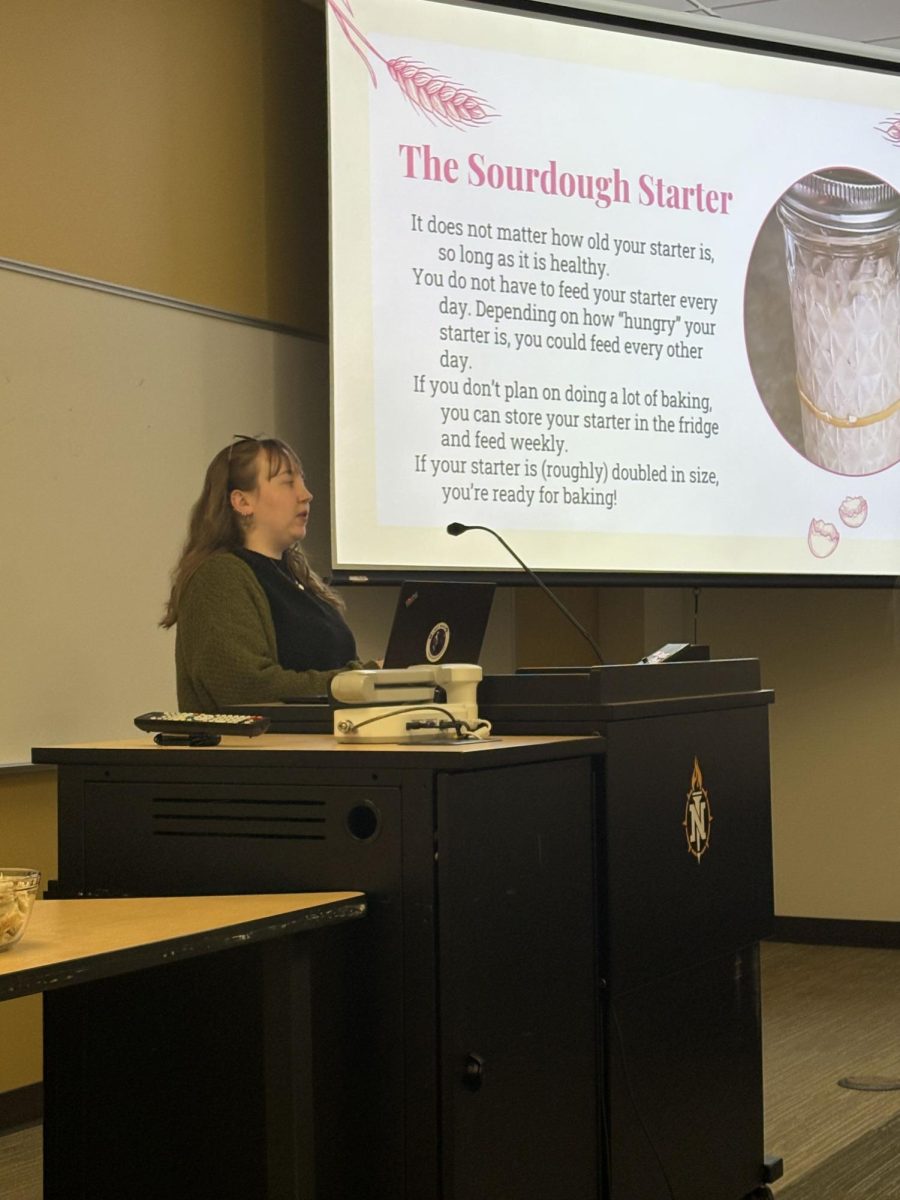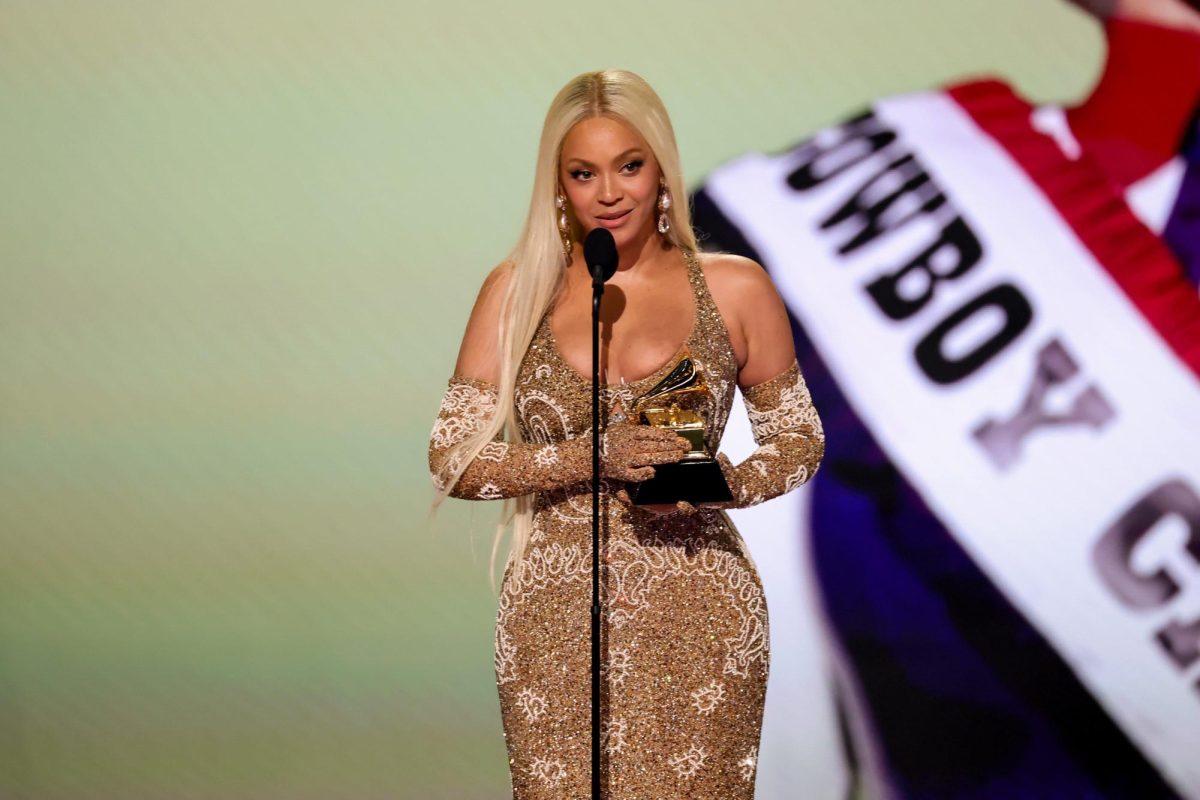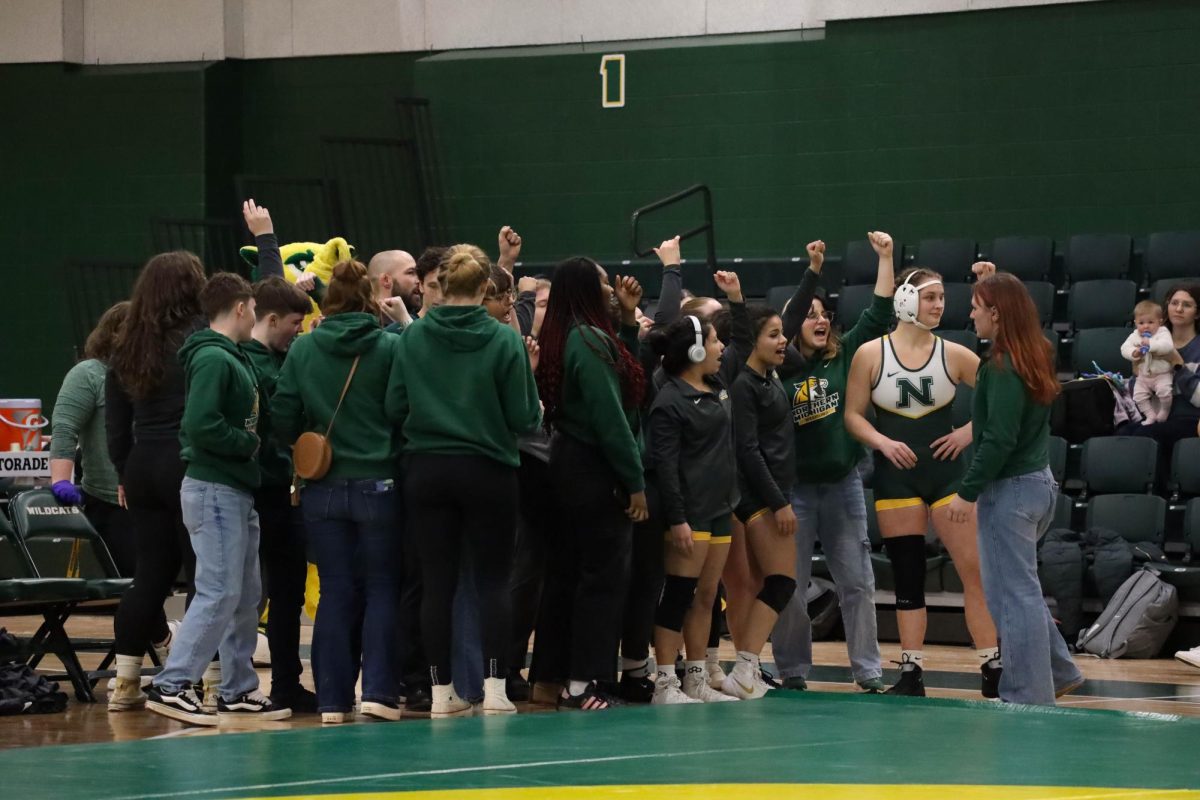Marriage is much in the news this week with the Supreme Court hearing oral arguments in two cases that will help shape whether lesbians and gay men will have the legal right to marry.
All this focus on marriage has me thinking about how messy — and interesting — our thinking about marriage really is.
For example, we have legally attached an enormous number of rights, privileges and responsibilities to marriage.
Married people are considered next of kin for hospital visitation and emergency medical decisions.
They automatically inherit property from each other and have legal protection against many of the hassles of inheritance.
People who are married have the automatic right to joint parenting, adoption and foster care.
Marriage also brings certain tax benefits.
And married people cannot be compelled to testify against each other in judicial proceedings.
Socially speaking, there can be tremendous pressure to marry for people who have been dating for a long time and many people feel like marriage is one of their most important goals for adulthood.
Once married, a couple gains a significant amount of social approval — and this social approval is at the heart of the legal fight over “allowing” gays and lesbians to marry.
Some states are denying legal rights to gays and lesbians as a way of expressing disapproval of their relationships; gays and lesbians are fighting back in the courts and in public opinion, arguing that their loving relationships are just as valuable as the loving relationship of a heterosexual couple, and they are therefore legally entitled to the same protections.
This is where, to a philosopher, things get really interesting.
Many people will say marriage is most fundamentally about love — the marriage most people want is one characterized by intense affection and care.
While it’s difficult to say exactly what love is, I think a plausible characterization is that love is a way of emotionally valuing a relationship.
This emotional valuation isn’t something most of us believe we have direct control over.
We end up loving someone, rather than deciding to love them. This is part of what makes love so significant and so powerful.
You can’t make love happen in anything like the same way you can try to get a job or buy a car. You can try to get someone to love you by being more lovable — but there’s certainly no guarantee!
Contrast that with the ease of marriage. Any two people can easily get married (so long as they are legally entitled).
You sign some papers, say a few words and you immediately gain all the above legal rights, privileges and responsibilities. Ending marriage is similarly easy (so long as there aren’t disputes about dividing up property, etc.).
The ease with which the legal institution can be entered and exited is in some tension with the non-voluntary character of the relationship.
The legal aspect can provide incentives for people to get married who aren’t in love, to continue relationships they would be better off ending and even to give up on the loving relationship because it’s so easy to exit the legal one.
There’s not even any necessary connection between the two — we don’t require “love tests” to see if people care for each other before marriage, nor do we provide any institutionalized legal or social support for loving relationships.
In my view, it’s also strange to ask the state’s approval for your romantic relationship.
This conflicts with our often-professed American ideals of independence and keeping the state out of our business as much as possible.
Essentially, I worry that mixing legality with loving makes us miss the full significance and character of both.
And treating marriage as both a fundamental social and legal institution keeps us from seeing the ways in which those domains are mixed when it comes to loving relationships.
When we’re thinking so much about marriage, we should think not only about who should be permitted to marry, but whether the current character of marriage best meets our needs.
Editor’s note: Dr. Zac Cogley is an assistant professor of philosophy at NMU.
The Professor’s Corner is a weekly column in The North Wind. Professors interested in appearing in The North Wind should contact the Opinion’s Editor at opinion.northwind@gmail.com

